acid vegetable garden
threeoaks
15 years ago
Related Stories
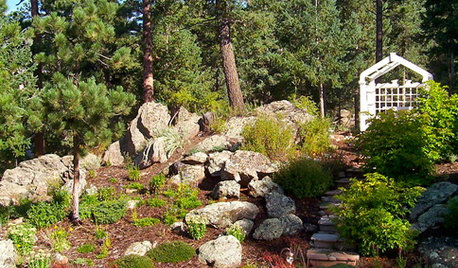
GARDENING GUIDESHave Acidic Soil in Your Yard? Learn to Love Gardening Anyway
Look to acid-loving plants, like conifers and rhododendrons, to help your low-pH garden thrive
Full Story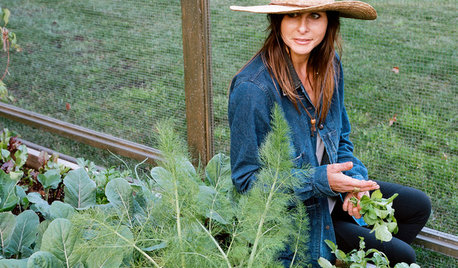
FARM YOUR YARDAdvice on Canyon Farming From L.A.'s Vegetable Whisperer
See how a screened garden house and raised beds help an edible garden in a Los Angeles canyon thrive
Full Story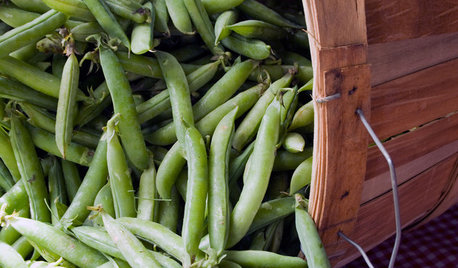
GARDENING GUIDES11 Favorite Edibles for Your Cool-Season Garden
Plant crunchy carrots, crisp radishes, tender peas and other vegetables for fall and spring harvests
Full Story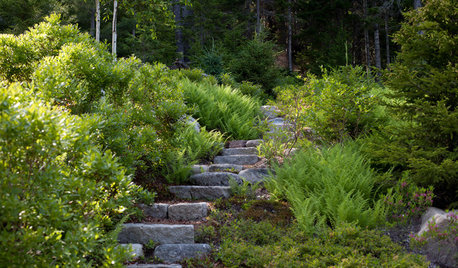
GARDENING GUIDESGreat Design Plant: Grow Blueberries for Their Fruit and More
Eastern gardeners should consider growing blueberry plants for their delicious fruits, bee-friendly spring blooms and brilliant fall foliage
Full Story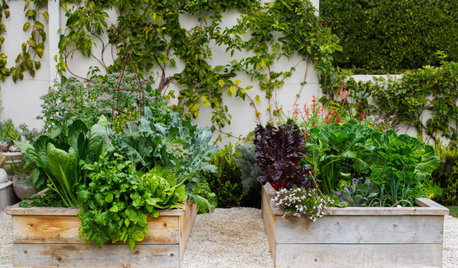
MOST POPULARHow to Start a Cool-Season Vegetable Garden
Late summer and late winter are good times to plan and plant cool-season crops like salad greens, spinach, beets, carrots and peas
Full Story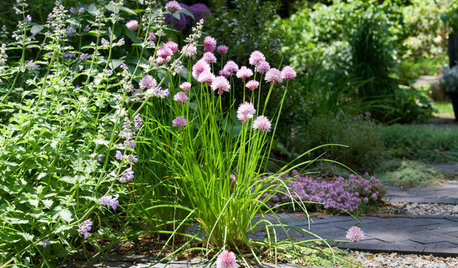
EDIBLE GARDENS8 Surefire Vegetables and Herbs for Beginning Gardeners
Learn the edible plants that are popular and easy to grow in a backyard or container garden
Full Story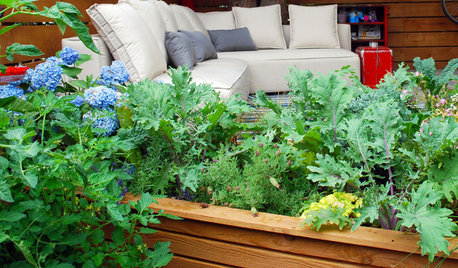
GARDENING GUIDESStep Right Outside for Fresh Herbs and Vegetables
Decks and patios can be convenient spots for edibles, and sometimes they even offer advantages over backyard gardens
Full Story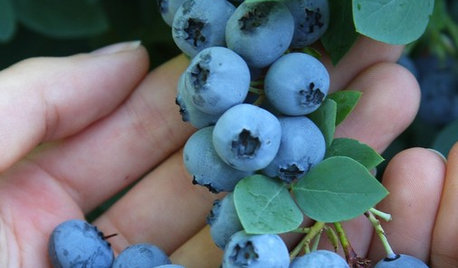
EDIBLE GARDENSSummer Crop: How to Grow Blueberries
Plant blueberries in spring or fall for garden beauty through three seasons — and a sweet superfood in summer
Full Story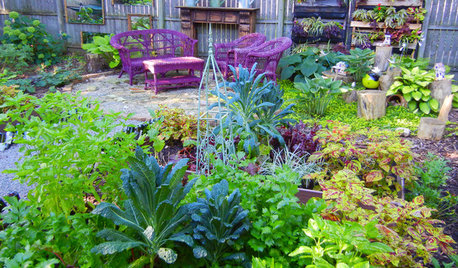
GARDENING GUIDESShades of Vegetable Gardens: Growing Edibles in Less Sun
See how one gardener produces a veritable feast of vegetables and herbs under a canopy of shade
Full Story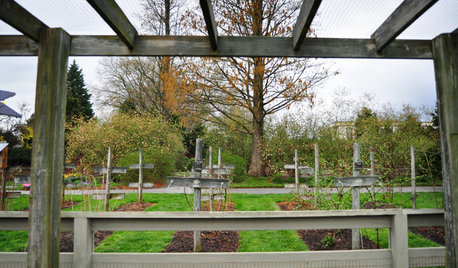
GARDENING AND LANDSCAPINGVegetable Growing Lessons From Longwood Gardens
Get ideas for your own edible landscape from a Pennsylvania showpiece and teaching garden
Full StoryMore Discussions






justaguy2
Kimmsr
Related Professionals
Lake Oswego Landscape Architects & Landscape Designers · Parole Landscape Architects & Landscape Designers · Richmond Heights Landscape Architects & Landscape Designers · Surprise Landscape Contractors · Addison Landscape Contractors · Biloxi Landscape Contractors · Concord Landscape Contractors · El Reno Landscape Contractors · New Berlin Landscape Contractors · Pleasant Prairie Landscape Contractors · North Bellport Outdoor Lighting & Audio Visual Systems · Hot Springs Village Decks, Patios & Outdoor Enclosures · Minneapolis Decks, Patios & Outdoor Enclosures · Natick Decks, Patios & Outdoor Enclosures · South Milwaukee Decks, Patios & Outdoor Enclosurescowgirl2
User
Kimmsr
cowgirl2
Kimmsr